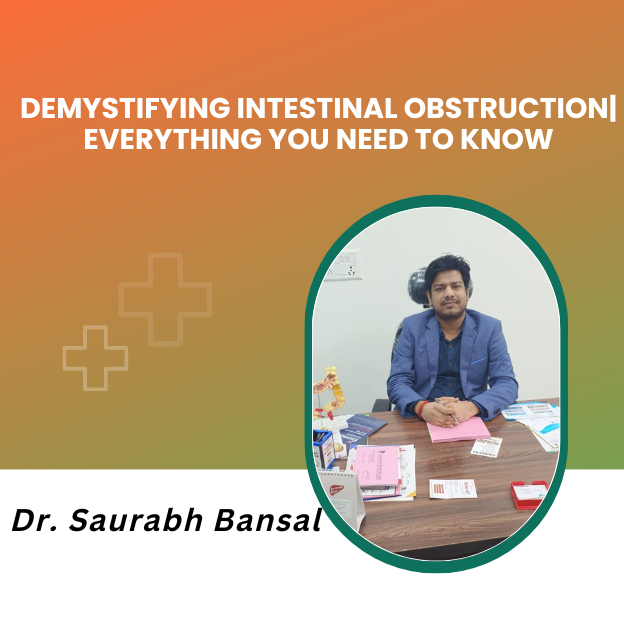Intestinal obstruction may sound like a daunting medical term, but understanding it is crucial for your health. Let’s unravel the mysteries surrounding this condition in simple terms.
Understanding Intestinal Obstruction
Intestinal obstruction occurs when something blocks your intestine, preventing food, fluids, and gas from passing through. It’s like a traffic jam on the highway of your digestive system.
Causes of Intestinal Obstruction
What leads to this blockage? Well, there are various reasons. It could be due to a twisted intestine, scar tissue from surgery, hernias, or even tumors. Sometimes, it’s as simple as a large piece of food getting stuck.
Signs and Symptoms
How do you know if you have intestinal obstruction? Look out for signs like severe abdominal pain, bloating, vomiting, and constipation. Your belly might feel as tight as a drum.
Diagnosis Made Easy
When you experience symptoms, your doctor might order tests like X-rays, CT scans, or even an endoscopy to pinpoint the blockage. Don’t worry; these tests are painless and quick.
Treatment Options
Treatment varies based on the severity of the obstruction. It could range from simple dietary changes and medication to surgery. Your doctor will recommend the best option for you.
Recovery and Aftercare
After treatment, it’s essential to follow your doctor’s instructions diligently. Give your body the rest it needs, stick to a healthy diet, and attend follow-up appointments.
Prevention Tips
While some causes of intestinal obstruction are unavoidable, there are steps you can take to lower your risk. Maintain a healthy weight, stay hydrated, and avoid overeating.
Complications to Watch For
If left untreated, intestinal obstruction can lead to serious complications like tissue death or a ruptured intestine. That’s why it’s crucial to seek medical help promptly.
Living with Intestinal Obstruction
Living with this condition might require some adjustments, but it’s manageable with proper care and support from your healthcare team.
FAQs about Intestinal Obstruction
1. What are the main causes of intestinal obstruction?
The primary causes include twisted intestines, scar tissue, hernias, and tumors.
2. How is intestinal obstruction diagnosed?
Doctors typically use imaging tests like X-rays or CT scans to diagnose intestinal obstruction.
3. Is intestinal obstruction a life-threatening condition?
In severe cases, yes. That’s why prompt medical attention is essential.
4. Can intestinal obstruction be prevented?
While not all cases are preventable, maintaining a healthy lifestyle can lower your risk.
5. What should I do if I suspect I have intestinal obstruction?
Seek medical help immediately. Don’t ignore symptoms like severe abdominal pain or vomiting.
Now that you’re armed with knowledge about intestinal obstruction, you can take proactive steps to safeguard your digestive health. Remember, early detection and intervention are key to successful treatment. Stay informed, stay healthy!

